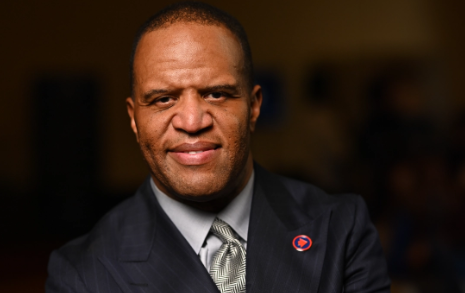DEI Efforts Essential for U.S. Economic Growth, Says John Hope Bryant: “There’s Not Enough White Men”

In a recent discussion, entrepreneur and philanthropist John Hope Bryant emphasized the importance of Diversity, Equity, and Inclusion (DEI) initiatives to the U.S. economy, underscoring that demographic changes necessitate broader representation across the workforce. “There’s not enough white men to drive the economy forward alone,” Bryant noted, pointing out that an inclusive workforce is key to sustained economic growth in a nation as diverse as the U.S.
Bryant, the CEO and founder of Operation HOPE, a nonprofit focused on economic empowerment, highlighted that DEI efforts are not just social initiatives but economic imperatives. As minority groups make up a growing share of the population, they represent a substantial portion of potential consumers, talent, and innovators. Companies investing in DEI are better positioned to reach a wider customer base, benefit from diverse perspectives, and remain competitive in a global market increasingly focused on inclusivity.
The U.S. Census Bureau projects that by 2045, people of color will make up over half of the U.S. population, with Hispanic, Black, and Asian communities representing a critical share of the workforce. Bryant argued that embracing this shift through DEI policies would help businesses tap into a wider talent pool and address labor shortages, particularly in high-demand industries like technology, healthcare, and skilled trades, which already face challenges in attracting enough qualified workers.
Research shows that companies prioritizing DEI outperform their peers financially, often exhibiting higher employee engagement and innovation levels. According to Bryant, expanding workforce diversity is crucial for fostering a competitive economy. “The business case for DEI is clear,” he said, “if companies want to thrive and drive the economy forward, they need to be representative of the country they serve.”
As demographic shifts continue, Bryant’s remarks highlight the economic benefits of creating equitable and inclusive workplaces that reflect America’s changing population dynamics. These efforts, he says, will strengthen businesses and help build a robust, resilient economy for the future.




